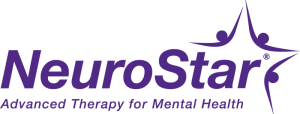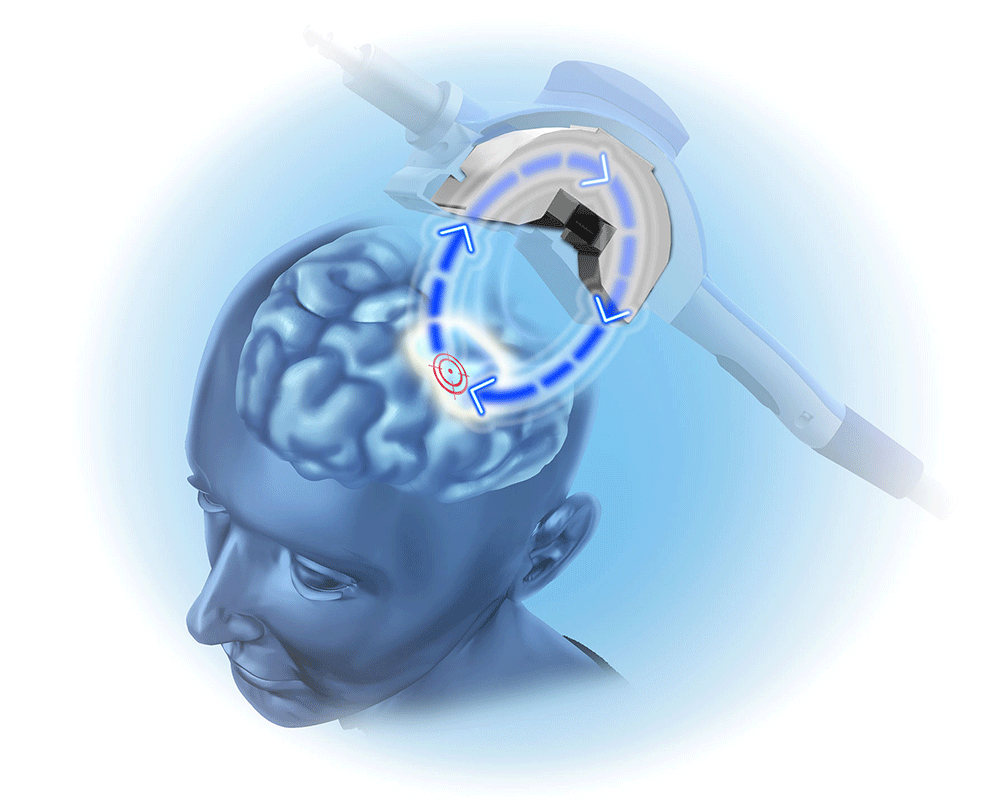OCD, Obsessive Compulsive Disorder, is generally a two part mental disorder involving intrusive thoughts and compulsions.
OCD begins with intrusive thoughts. The intrusive thoughts are the “obsession” part of OCD, and can lead one to feel fear, disgust, anxiety, guilt or other distressing emotions. The intrusive thoughts or “obsessions” are typically not desired by an individual but they are incapable of controlling them In order to relieve oneself from these distressing feelings, individuals sometimes develop “compulsions.”
Compulsions are the part of OCD, which are defined as physical or cognitive behaviors that are performed most often in a ritualistic, routine way in order to relieve oneself from the distressing feelings brought on by the obsessions. These compulsive behaviors tend to relieve the stress or anxiety temporarily and will begin again when the intrusive thoughts enter one’s mind again. Patients therefore end up in a looping pattern, performing their compulsive behavior over and over again due to the repetitive intrusive thoughts.
Do you think you have OCD? Where are you on the Obsessive-Compulsive Scale?
The staff at TMS of South Tampa will get in touch with you shortly thereafter regarding your screening.



